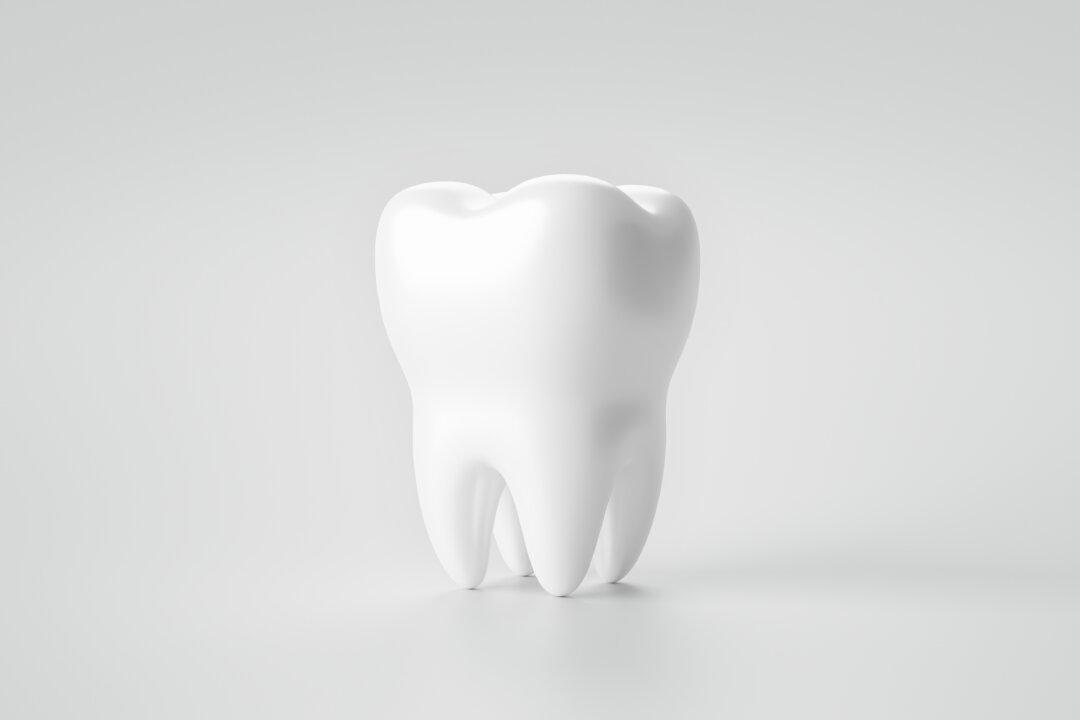Most Americans don’t get enough sleep. In fact, a recent survey from the American Academy of Sleep Medicine (AASM) has found that 85 percent of adults in the United States get less than seven hours of sleep a night.
Sleep deprivation has previously been shown to increase the risk of several health conditions, including cardiovascular disease, diabetes, and obesity. Due to this serious relationship between lack of sleep and disease and illness, individuals must work toward healthy sleep habits.





